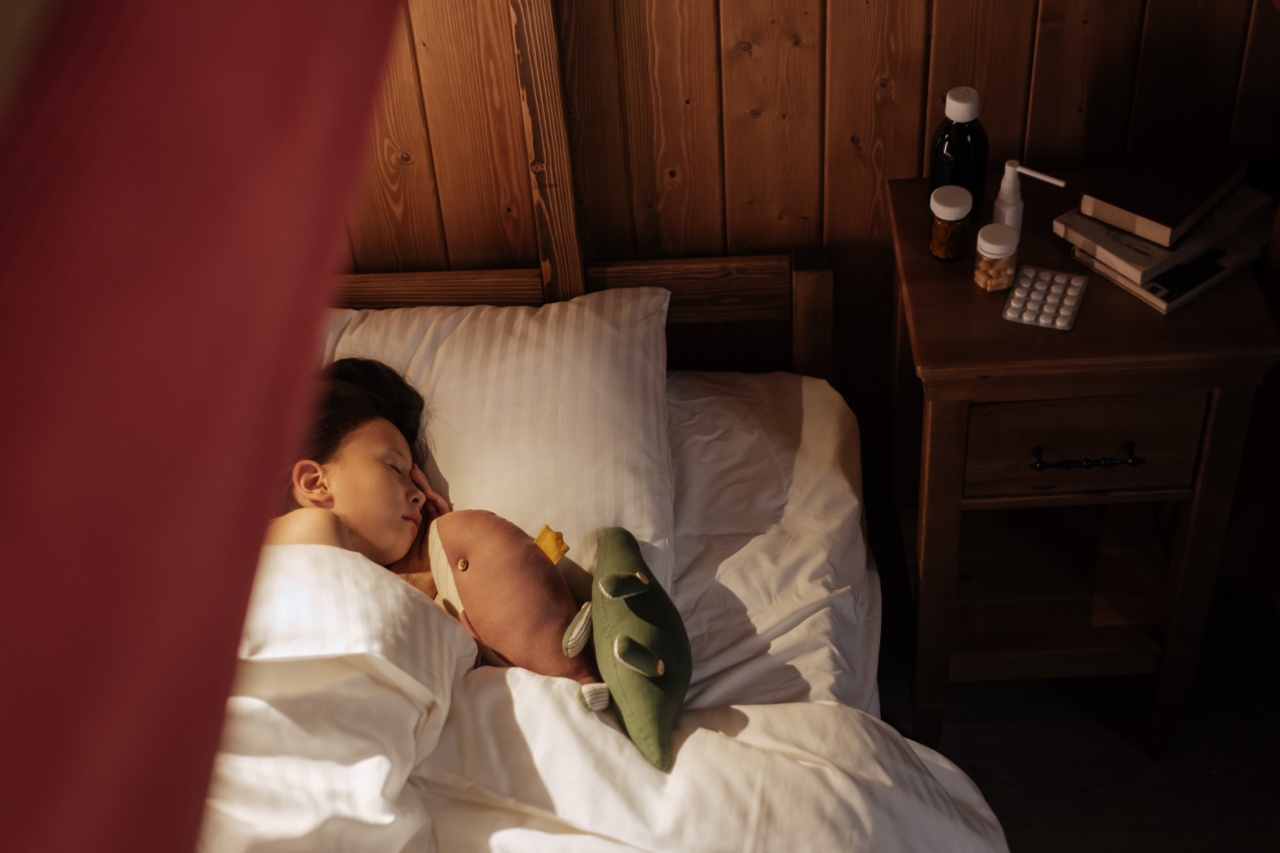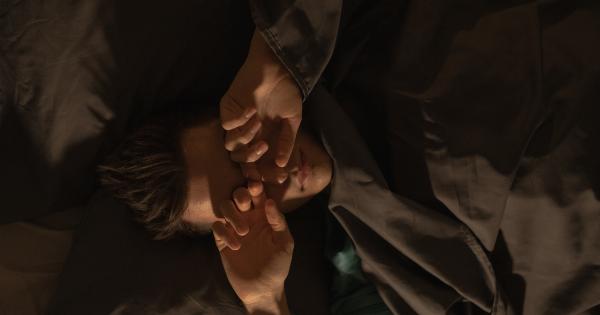Insomnia is a common sleep disorder that affects millions of people worldwide. It’s characterized by difficulty falling asleep, staying asleep, and waking up too early.
Lack of sleep can affect your productivity, mood, memory, energy levels, and overall health. Fortunately, there are several strategies you can use to beat insomnia and sleep plush like a bird:.
1. Stick to a Sleep Schedule
One of the most effective ways to beat insomnia is to establish a regular sleep-wake schedule. Try to go to bed and wake up at the same time every day, even on weekends.
This helps regulate your body’s internal clock and improve the quality of your sleep. If you wake up feeling refreshed and alert, your sleep schedule is working. If not, adjust it until you find the right timing.
2. Create a Sleep-Friendly Environment
Your bedroom should be cool, dark, and quiet to promote sleep. Use curtains or blinds to block out any light, wear earplugs to muffle noise, and turn off any electronic devices or sources of distraction.
Invest in a comfortable mattress and pillows that support your body and reduce pressure points. Consider using a white noise machine, humidifier, or aromatherapy to create a relaxing atmosphere and signal your brain that it’s time to sleep.
3. Practice Relaxation Techniques
Stress and anxiety can interfere with sleep and trigger insomnia. To reduce your levels of tension, try relaxation techniques such as deep breathing, progressive muscle relaxation, visualization, or meditation.
Focus on your breath and try to let go of any thoughts or worries that keep you awake. You can also try listening to soothing music, taking a warm bath, or drinking a cup of herbal tea to relax before bedtime.
4. Limit Caffeine and Alcohol Intake
Caffeine and alcohol are two substances that can disrupt your sleep patterns and make insomnia worse. Caffeine is a stimulant that can keep you awake and alert for hours, especially if you consume it in the afternoon or evening.
Try to limit your intake of coffee, tea, soda, chocolate, and energy drinks, or switch to decaf or herbal alternatives. Alcohol, on the other hand, is a sedative that can make you feel drowsy and relaxed at first, but can cause you to wake up frequently during the night and feel restless in the morning.
Try to limit your intake of alcohol or avoid it altogether before bedtime.
5. Seek Professional Help if Needed
If you’ve tried the above strategies but still experience insomnia or other sleep problems, you may need to seek professional help.
A doctor or sleep specialist can diagnose any underlying conditions or disorders that may be affecting your sleep, such as sleep apnea, restless leg syndrome, or depression. They can also recommend treatments such as cognitive-behavioral therapy, medication, or sleep hygiene counseling to help you sleep better and improve your quality of life.































